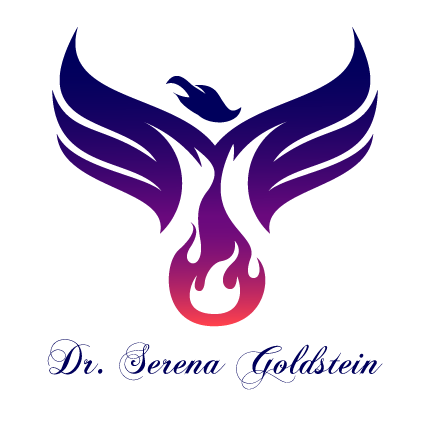Should you count calories at all?
Calorie counting used to be all the rage, and yet to some extent it has still stuck, especially when people want to lose weight. The math seemed simple- we have a basal metabolic rate (BMR), somewhat reflective of thyroid health (how fast processes move, aka our metabolism), and its calories in versus calories out. Right? Not so much.. carbohydrates and protein provide 4 calories per gram, and fats provide 9 calories per gram. Then depending on how much muscle we have, muscle (anaerobic) will burn more calories in the long run than cardio (aerobic), and what/when we eat can get metabolized differently when we're sitting on our butt versus post marathon. Many foods are also grossly underestimated and we may not be accounting for about 1/3 of the calories consumed.
So should you switch to the point system? Or another diet that tells you exactly what you should eat? If this is what gets you to eat a vegetable, which is pretty much the message to every diet plan, then go for it, though realize that this thought process may not be sustainable in the long run. Depriving ourselves can lead to binging, and a whole host of metabolic disturbances that can tank our thyroid and energy, so then we don't really have the energy to work out or make healthful decisions.
In addition, underestimating calories, looking at points, nixing certain food groups (e.g. low fat), or heading off to find another strategy separates us from the most important entity that tells us the right diet- YOU! Our body tells us exactly what it wants, what it likes & dislikes, and will yield long-term results for health goals- yes, it can tell you that you really like ice-cream sundaes and a bowl of french fries too!
On the contrary, what if you were able to press the reset button, as it does take about 1-2 months to set up our taste buds for success (maybe with the help of some supplements), then not only could you achieve your health goals, but your change in lifestyle can double as prevention for all those diseases and chronic concerns that may have had you a bit stressed out (especially because healthy eating & lifestyle can favorably change our DNA).
Here's where you can start finding the right diet for you:
Write down what you eat for a few days - Do you notice a dip in energy, libido, or lousy night of sleep every so often? Sometimes it could be from a food our body isn't crazy about and while the reaction isn't enough to send you to the hospital (food allergy), it may manifest as some of these symptoms, or as weight gain, bloating, joint pain, anxiety, etc. Also if you find yourself pretty much inhaling a certain food- that's totally acting on your opioid receptors like an addictive drug. Definitely not good for you. Use this too as an objective tool to assess if you're really having a wide range of nutrients, especially vegetables (emphasis on dark leafy greens- spinach, kale, collards, and cruciferous- broccoli, cauliflower, brussels sprouts) and fiber (ground flaxseed, veggies, ground chia).
Chew each bite of food 31 times - Ah yes, mindfulness while eating...a familiar yet foreign concept. Chewing each bite of food helps us savor the taste, and slows our eating, giving our brain enough time to recognize that we're full. It actually takes about 20 minutes for our brain to say 'ok, that's enough food'.
Drink enough water - At least half your body weight in ounces, and add a squeeze of lemon in there to help the liver with all that it has to detox. The more toxins we hold, the more it can mess up our metabolism, amongst other things. We also commonly mistake hunger for thirst, so drinking enough water helps us eat less by expanding our stomach, which sends signals to our brain saying we're fine. Of course if you're hungry post glass of water, by all means- off to the fridge you go!
Metabolism is not as straightforward as we may think, and fat cells (which we all have, just different percentages) are their own endocrine organ- meaning the more fat cells, the more we fight physiology to keep our weight the same. A small portion being age and genetics, but if you’d like to find out your unique blend, I can help with that.

